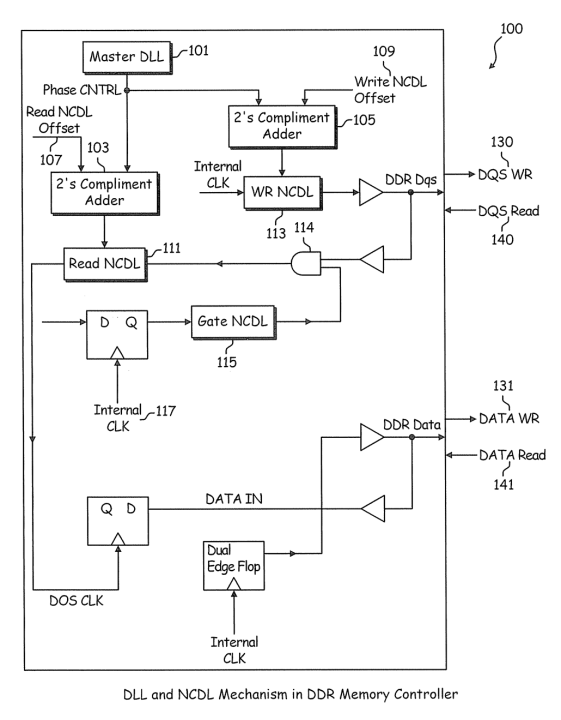The American Association of Law Libraries (AALL) Annual Meeting was held from July 13th to the 16th in Washington, DC hosting legal information professionals. John Wiora, Kim Swanson, Eric Podlogar, Josh Riegle, and Jake Sweeney represented ktMINE at the event.
This year’s turnout was better than years past, with around 1,500 attendees. From a market perspective, the mood seemed to be a positive one as many discussed how busy they were — with nary a complaint about lack of work.

Discoveries from Discussions
In many of our discussions with law librarians, they talked about how they are looking to beef up their portfolio of resources, which seemed to be an indication that activity was picking up within the community. However, a common challenge that they expressed was they are facing the difficult task of balancing the identification of what data is available while working within a constrained budget.
The sound bite that we heard the most was that vendors need to engage more with librarians, who are often the direct users or the reference resource within an office, rather than the attorneys who depend on the resulting data. We were aware of this perspective from other conferences, but this sentiment is on the rise.
At this event, we learned how prospective clients might use the ktMINE platform in a way that satisfies an immediate need, without having to do any pre-work. This highlighted the fact that information professionals are indeed being asked to do more with less (specifically less time).
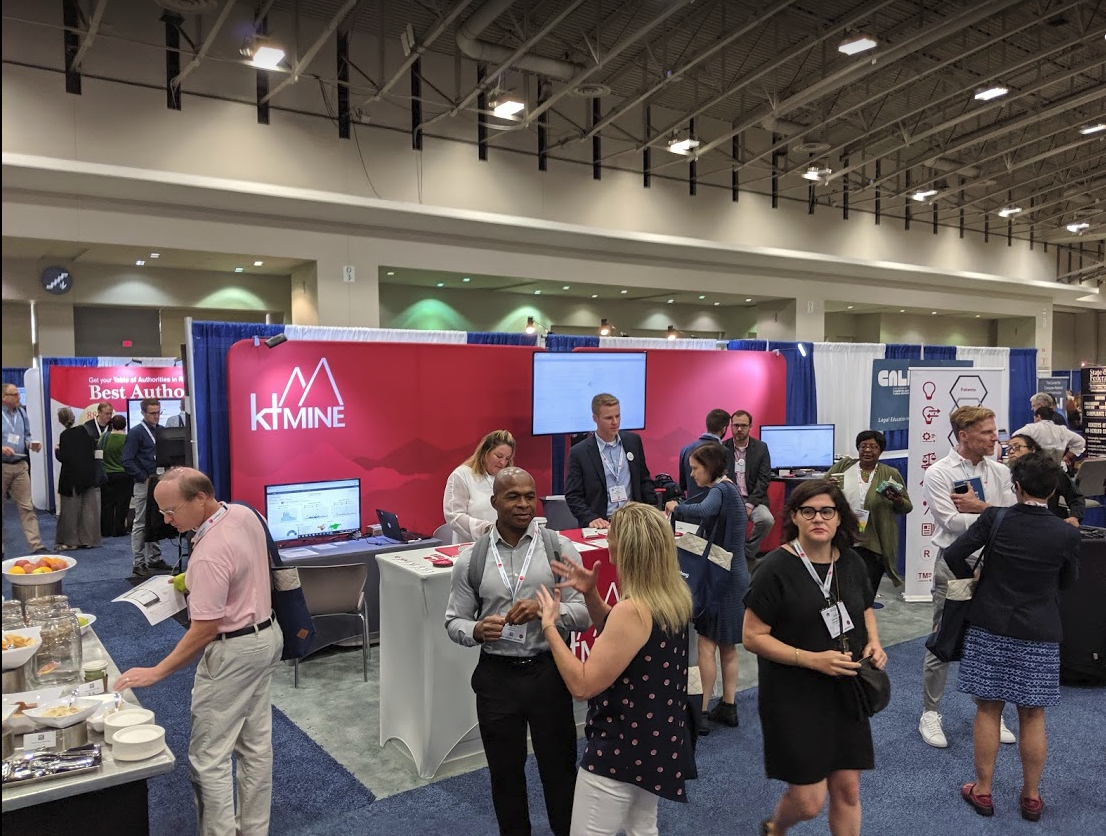 Due to the complexity of products within the IP space, librarians are developing formalized plans to trial products. They can no longer test-on-fly. They need to know that the product will perform before introducing it into high-pressure environments. These tests serve to ensure that the products are being used properly and yielding the anticipated results. One challenge for vendors is that the librarians are only one part of the transaction. They usually do not have budget control or ultimate decision-making authority. So navigating an engagement is complicated.
Due to the complexity of products within the IP space, librarians are developing formalized plans to trial products. They can no longer test-on-fly. They need to know that the product will perform before introducing it into high-pressure environments. These tests serve to ensure that the products are being used properly and yielding the anticipated results. One challenge for vendors is that the librarians are only one part of the transaction. They usually do not have budget control or ultimate decision-making authority. So navigating an engagement is complicated.
The attendees browsing the event wanted to gain quick insights on updated product features that were being offered. Librarians are well-versed with the established vendors, however, this year, librarians seemed to be more interested in some of the emerging outfits that might provide a new “surprise” feature or something that truly enhances day-to-day information gathering.
New at AALL
Something that was new this year was the increased interest in information on state court, bankruptcy, and other local decision data. Now that Federal data is seen largely to be ubiquitous, attorneys are looking at additional datasets to see if they are able to leverage even the smallest advantage.
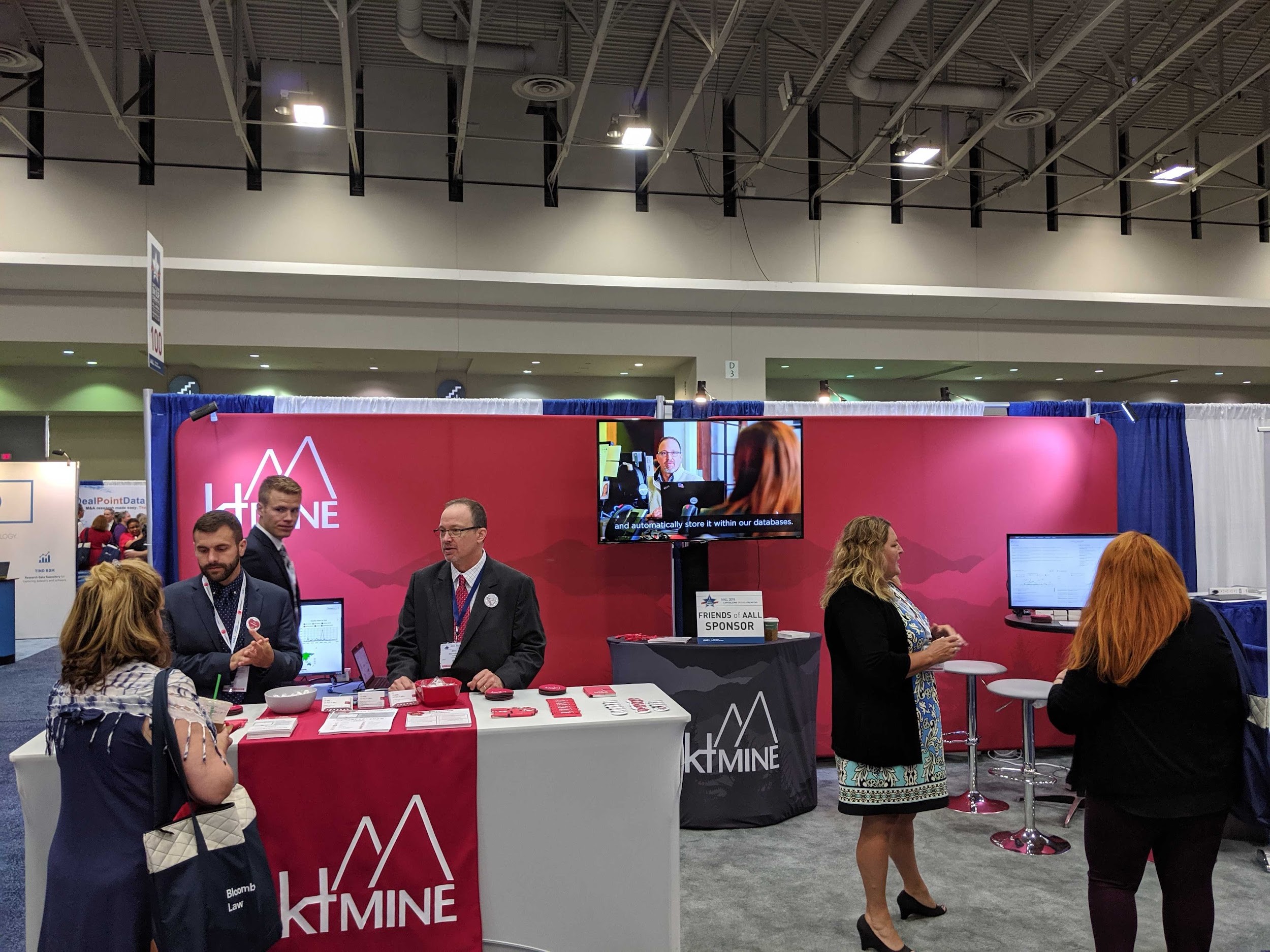
ktMINE-Hosted Breakfast
This was our third year hosting the Private Law Librarians & Information Professionals Special Interest Session (PLLIP-SIS) breakfast. We were thrilled to have a great turnout with around 30 information professionals in attendance. Many of the breakfast attendees were interested to know more about if the ktMINE tools that can be helpful for managing IP portfolios, fortunately, this is an area where we provide flexible solutions.
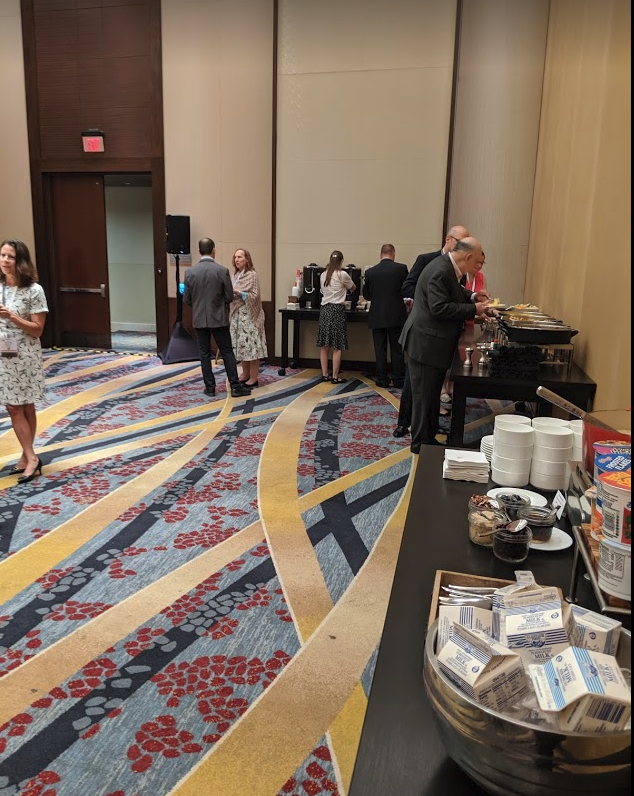
One recurring topic was that of transparency: If the librarians don’t know the operation of the product, and what’s going on behind the scenes, they cannot explain it to the attorneys, who eventually will be depending heavily on the resulting data to support their legal arguments and positions. The easier the librarians can become familiar with a product, and where the data comes from, along with any inherent limitations, the more comfort they can develop with the results, which leads to a more confident delivery of their product to attorneys.
Session Breakdown
The July/August 2019 issue of the AALL Spectrum offered an insightful Q&A with candidates for the upcoming Executive Board election, with answers to a series of questions they were asked providing their positions on a number of issues.
One question that interested us was related to what they felt were key issues facing the legal information industry. The responses were interesting, ranging from topics on leadership, emerging technology, and changes in information resources and products.
The themes that were echoed throughout the conference suggested that products were not evolving fast enough to keep pace with emerging technologies and changes within the legal workplace. Accordingly, the valuation of a legacy product is becoming clouded by the explosion of available information sources. This, combined with other issues like high pricing, tying, and inadequate product customization, and behind the “do-more-with-less” backdrop, are enough to encourage information professionals to explore new solutions.
Federal & State Court Analytics Market — Should the Buyer Beware? During this session, a group of four law firm library directors walked through the results of a comparative product study. The presenters were careful not to crown a winner, nor excoriate deficiencies, but rather, they took the opportunity to point out a number of issues and potential improvements for current analytics platforms. The products up for the comparison were those used regularly by law firms, including Bloomberg Law, Docket Alarm, Docket Navigator, LexMachina, MonitorSuite, and Westlaw Edge.
The study highlighted specific issues for each platform and also ranked them by both functionality and complexity. Even with the rigor of the comparison, the presenters felt they weren’t truly able to compare apples-to-apples. Diana Koppang, director of research and competitive intelligence at Neal, Gerber & Eisenberg said. “So much depends on your use case; so much depends on your organization size…there’s so many factors that nobody can declare a winner,” she explained.
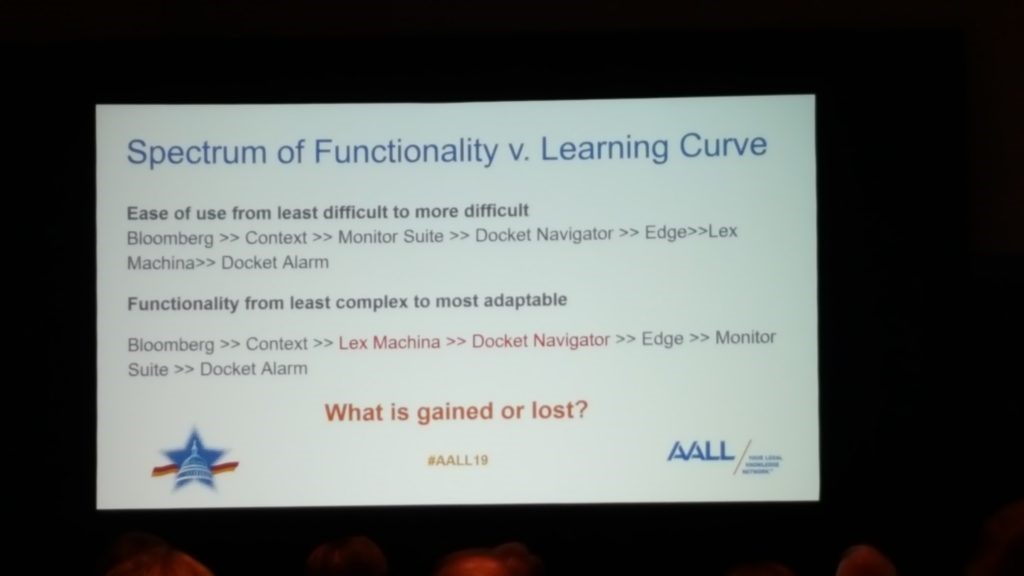 This session also emphasized the importance of how training can impact the uptake and usage of a product, along with what both larger and smaller vendors can be doing to help serve their clients. Some of the key vendor takeaways from the sessions included:
This session also emphasized the importance of how training can impact the uptake and usage of a product, along with what both larger and smaller vendors can be doing to help serve their clients. Some of the key vendor takeaways from the sessions included:
- The need for flexibility in searching
- Transparency (in what the products can do, and perhaps more importantly, what they cannot)
- Strong training documentation
- Target audience: Vendors should test their platforms with librarians, not just attorneys
- How Artificial Intelligence is not fully developed requiring human interaction with data
- Gaps in Data Coverage (for example, Bankruptcy Court data)
These are insights that all vendors can benefit from, not just those included in the study.
The AALL Annual Meeting was a great event, as always. We were able to make many new connections within the Law Librarian community and we gathered useful information as we work to continuously improve the ktMINE platform. If you were unable to attend the event, we would love to connect with you and show you some of our latest innovations. In the meantime, see you next year in New Orleans!





